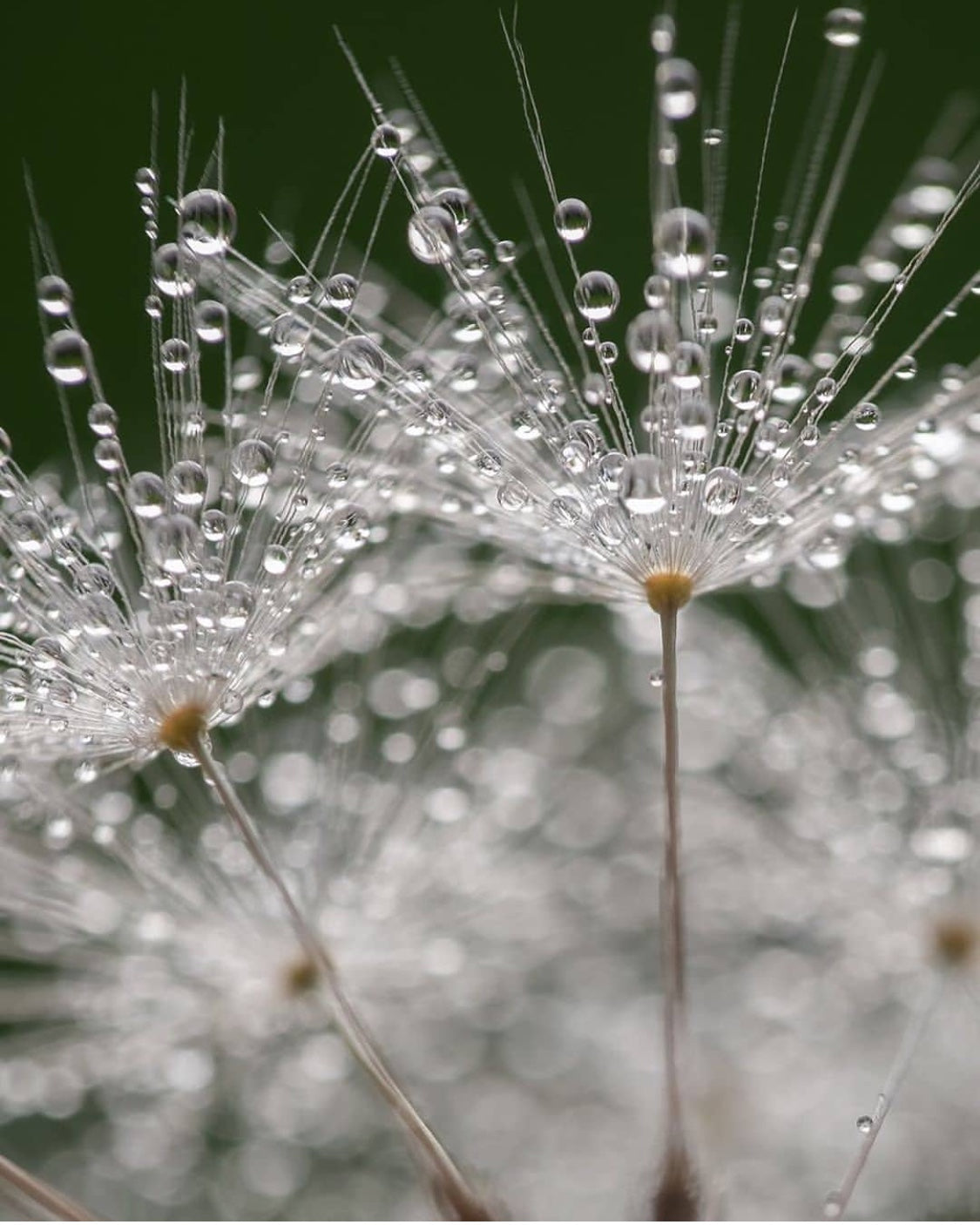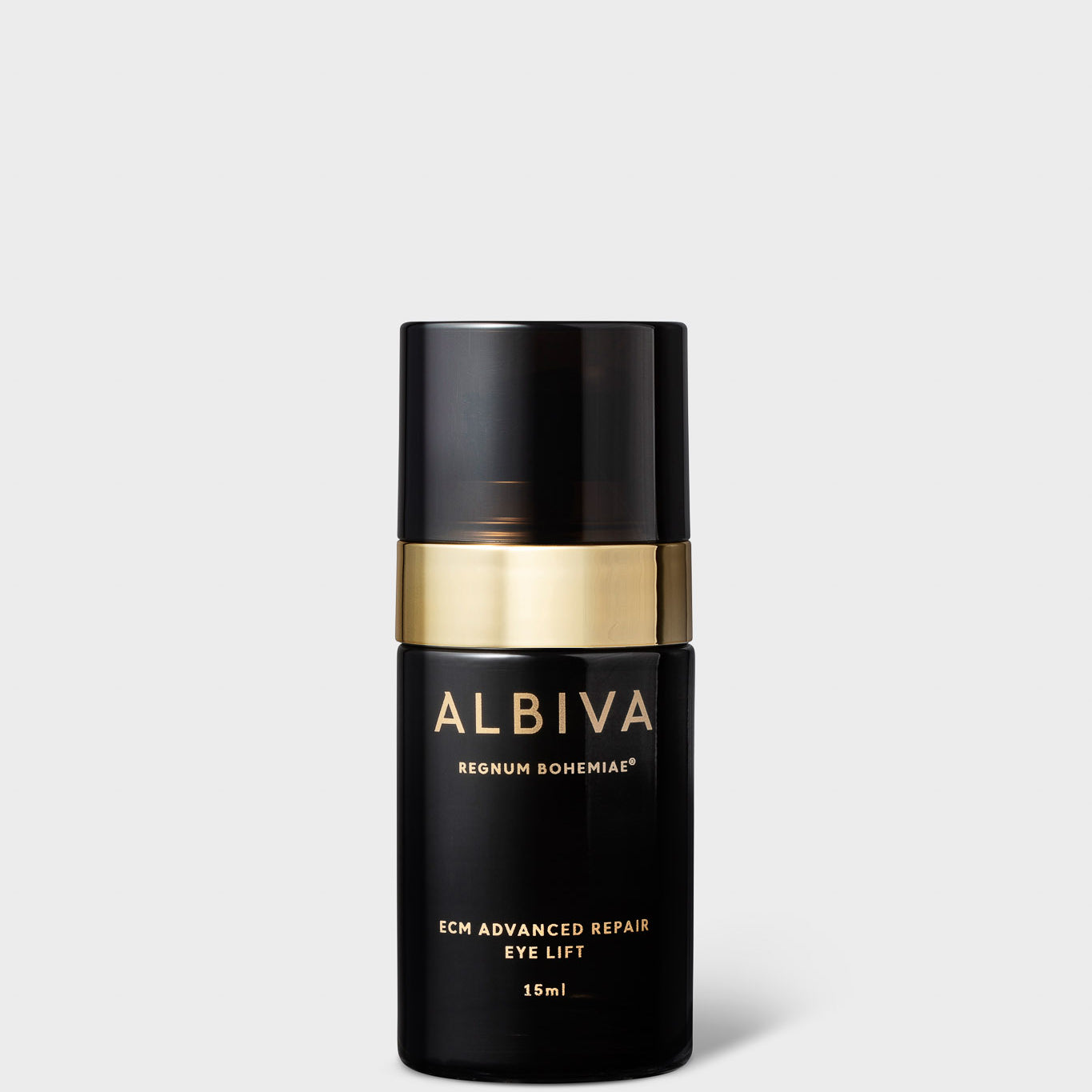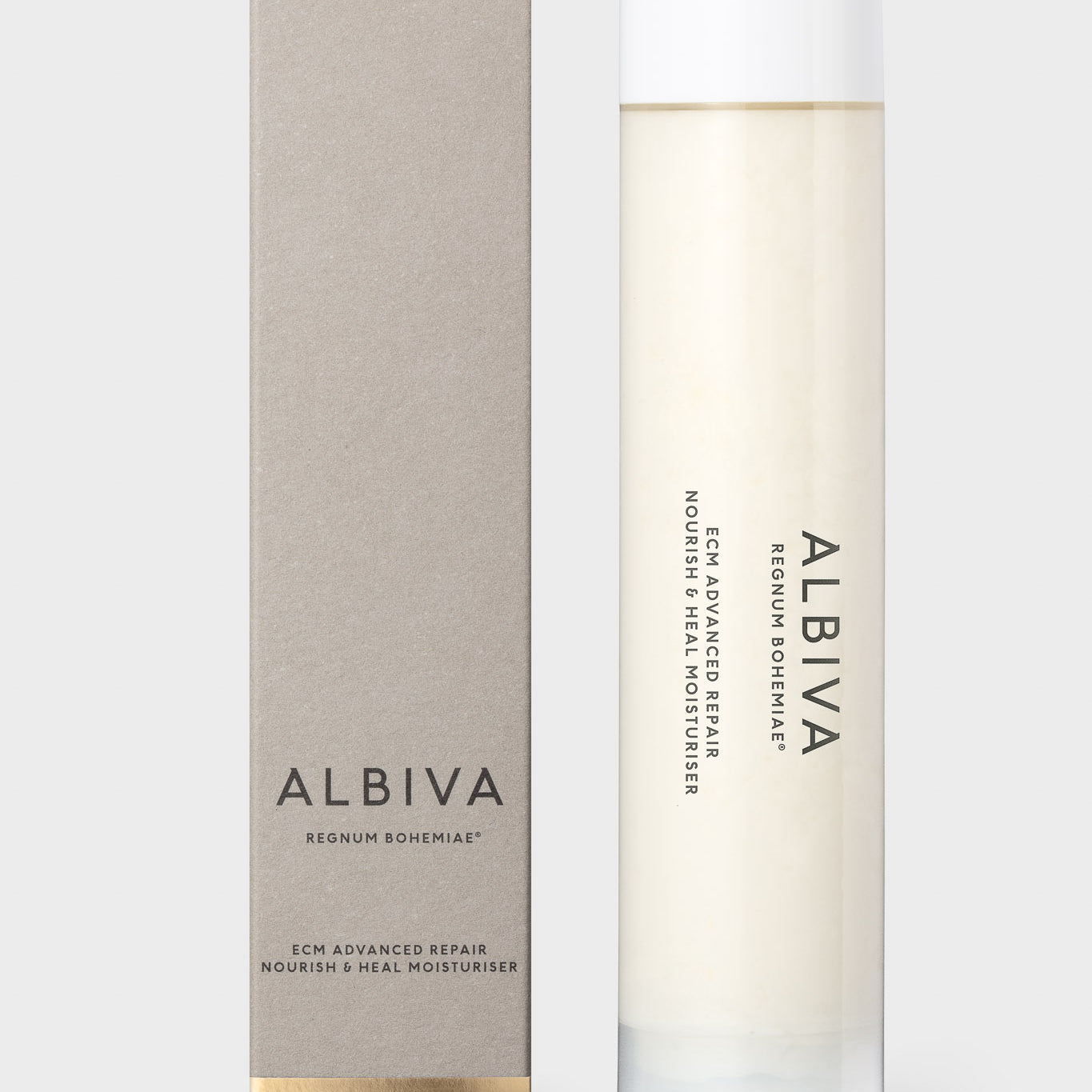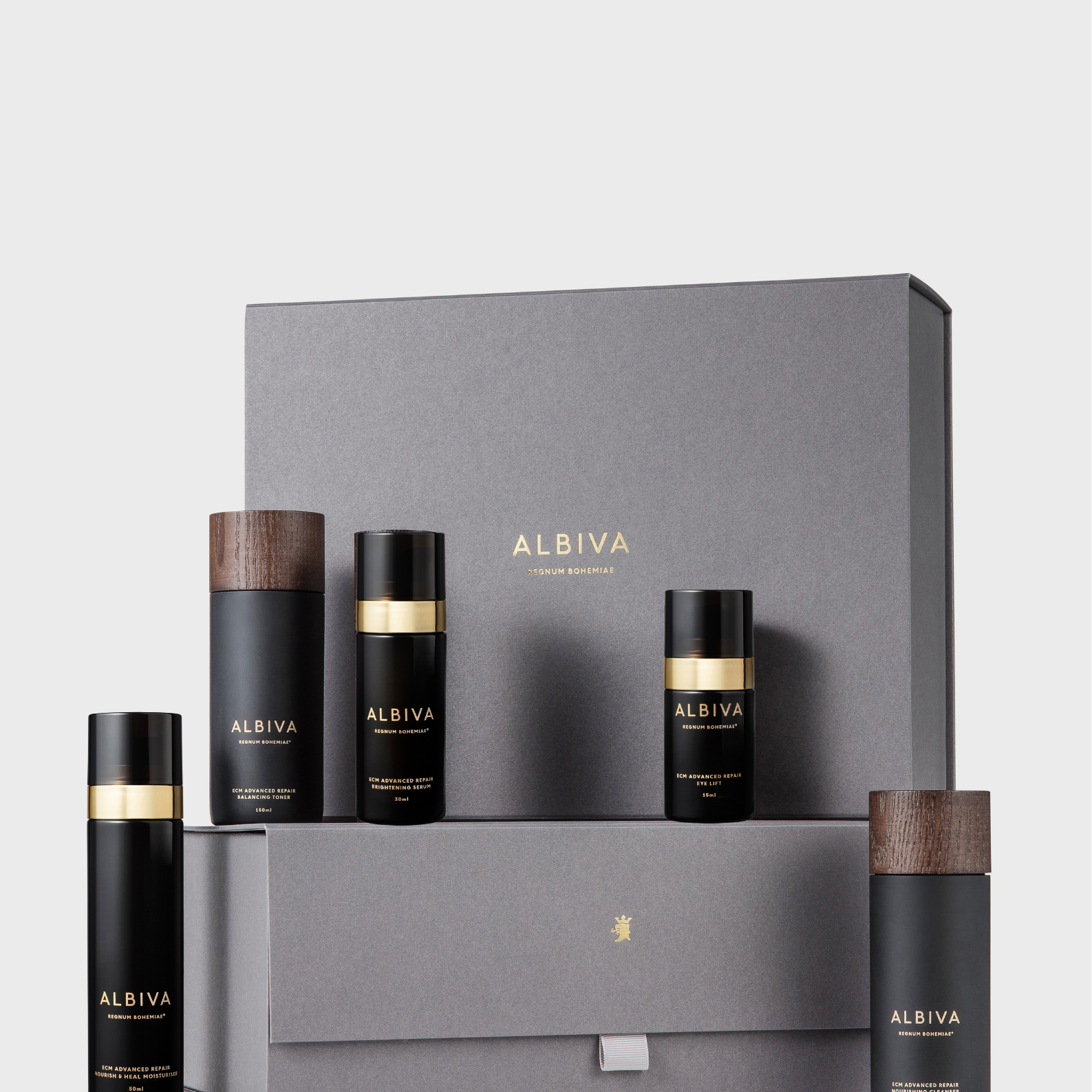Waterless, Water-free or Water-Responsible? The Future of Beauty.

Water - a key component of beauty products?
Do you read the labels on your products? Take a look at the ingredient list and you will see the majority of them list water or aqua as the first ingredient - i.e. the one with the highest quantity. According to the experts, water makes up on average 70% to 95% of your beauty products, leaving very little room for the active, working ingredients.
It is clear that water is a key component of beauty products, but does this mean that water is a vital ingredient? In fact, water is used because of it’s affordability (it makes a cheap base for products), however the great myth comes down to its hydration properties. Although a splash of water on our skin can feel hydrating, overuse of water topically dries out our skin in the long run.
The only thing water really does, is add volume to the formula.
Last year, in Europe only, 33,161 products containing water were launched, (Mintel, GNPD). This is big news as water is set to be a very precious commodity or the so-called blue gold of the future.
Today, water scarcity is a major global crisis: more than 1.2 billion people (or one in nine) do not have access to clean drinking water. Experts estimate that by 2025, one in two people will live with water stress. According to a report by the World Economic Forum, the water crisis is the number 4 global risk in terms of impact to society.
Water is life.
Wherever they are, people need water to survive. Not only is the human body 60% water, the resource is also essential for producing food, clothing, moving our waste stream, and keeping us and the environment healthy.
Freshwater makes up a very small fraction of all water on the planet. While nearly 70% of the world is covered by water, only 2.5% of it is fresh. The rest is saline and ocean-based. Even then, just 1% of our freshwater is easily accessible, with much of it trapped in glaciers and snowfields. In essence, only 0.007% of the planet's water is available to fuel and feed its 6.8 billion people.*
Water scarcity is an abstract concept to many and a stark reality for others.
Almost everywhere, water is wasted, and as long as people are not facing water scarcity, they believe access to water is an obvious and natural thing.
With urbanization and changes in lifestyle, water consumption is bound to increase. However, changes in food habits, for example, may reduce the problem, knowing that growing 1kg of potatoes requires only 100 litres of water, whereas 1 kg of beef requires 13 000 litres.
While agriculture is the main culprit for water usage (taking up about 70%), the boom in the personal care and cosmetics industry is a growing contributor. Given water makes up the vast majority of our skincare and cosmetics, conserving water is becoming a global initiative. Today’s consumers are mindful of their water consumption and therefore questioning their beauty routines and product choices.
What are the solutions?
Sustainability is often associated with the idea of the ethically sourced organic, vegan or natural ingredients. But we can’t forget the water.
How can we innovate within the beauty industry from a water-conscious perspective?
The beauty brands need to change how they manufacture and formulate products to limit their dependence on water, from the use of zero water to limited water or a replacement with botanical waters instead.
At ALBIVA, we have replaced water in our products with organic raspberry fruit-derived water.* Full of antioxidants, vitamins (A,C,E,K, B1,B2), magnesium, folate, omega-3 fatty acids and polyphenols it provides the main base, creating a more concentrated solution, yielding better results and making the product go a long way.
We have seen anhydrous formulas gaining traction, such as powders - during our ALBIVA signature facials we use organic rice powder mask with unique gelling process. When it is mixed with water, it starts to gel thanks to its high alginate content (seaweed extracts).
Freeze drying or shock freezing technologies are being explored.
Some argue that waterless or water-free beauty still does have a water footprint - water is required to grow raw ingredients, process and ship them, etc and could therefore never truly be water-free or waterless - and that we should be using the term water-responsible.
Whatever the term, at ALBIVA we believe that conscious effort from brands to reduce, replace or eliminate water altogether and create lux, innovative and effective alternatives such as our raspberry fruit-derived base are addressing and highlighting global concern with the lack of water and how we use it in cosmetics.
We’re so used to seeing water come out of our taps, but its position as an undervalued and overused resource is shifting. Ecologically, the benefits of waterless/water-free/water-responsible beauty are definitely worth noting and the shift towards this type of cosmetic is certainly an exciting one.
Are you feeling inspired to lower the water footprint of the creams and lotions on your bathroom shelf?
Sources:
* https://www.nationalgeographic.com/environment/freshwater/freshwater-crisis/
** Glamour Magazine
***small amount of water is present where an ingredient is water soluble
- J Walter Thompson Intelligence https://www.jwtintelligence.com/2018/08/waterless-beauty
- Cosmetics Business
- Formula Botanica
- Glass House Journal
- The Telegraph





